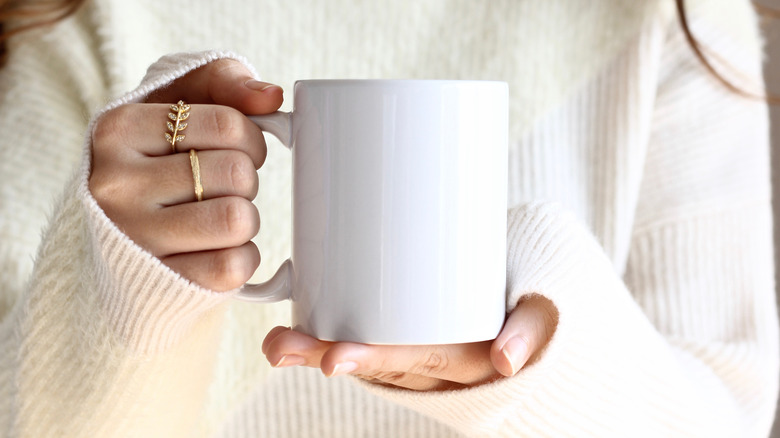People often joke about how much they need their morning cup of joe to help them get through the day. It turns out there may be some scientific evidence as to why some people tend to rely on it so much. A 2024 study out of Harvard School of Public Health suggests that drinking coffee may help reduce the risk of depression among women.
Among those who drank four or more cups per day of a caffeinated brew, depression risk was 20% lower than in those who drank only a little or none. Decaf, however, did not seem to provide any protection. The researchers also found that people who drank other less caffeinated beverages did not appear to receive the same protection against depression.
While their study dealt primarily with women, the study authors noted that previous research has also found a similar link between coffee and depression risk in men.
On the other hand, caffeine consumption has been associated with an increased likelihood of depression among children and adolescents, warns Healthline.
How coffee might reduce depression risk in adults

Psych Central suggests that caffeine could reduce depression in adults because of its effects on the brain and nervous system. It interacts with a substance in the brain called “adenosine,” they explain. Adenosine causes you to feel sleepy, but caffeine can block this molecule. As a result, you feel more alert. Caffeine may also be capable of increasing certain neurotransmitters like serotonin, dopamine, and noradrenaline, they say. Low levels of these chemicals have been linked to depression.
Information from the American Psychological Association suggests that there may be a sweet spot for coffee consumption, however. Five or more cups of coffee can lead to negative side effects like anxiety, agitation, headaches, and rambling speech, they write. They explain that this is what the Diagnostic and Statistical Manual of Mental Disorders (DSM-5) calls “coffee intoxication.”
According to the U.S. Food and Drug Administration, 400 mg of caffeine per day — about what you’d get in four cups of coffee — is safe for most healthy adults who are not pregnant. This is the same level of consumption that the Harvard School of Public Health study found was linked to reduced depression risk in women. With that being said, if you have trouble sleeping, be sure not to have caffeine too late in the day, as insomnia can make depression worse, warns Mayo Clinic.




